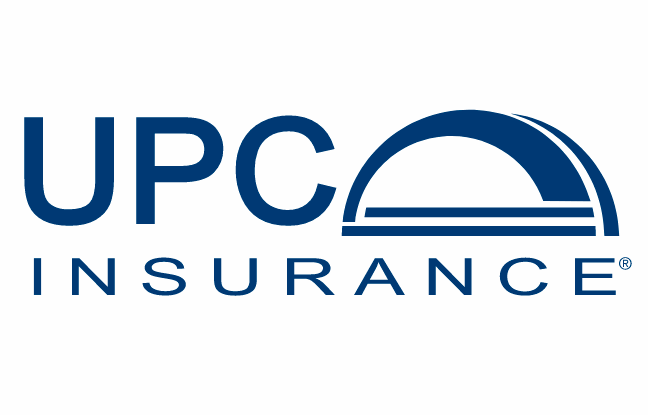United (UPC) hikes hurricane Ian loss 54%, with ramifications for reinsurance partners

United Insurance Holdings Corporation has significantly increased its hurricane Ian gross loss estimate, adding over $500 million to the total, with much of that to be covered by reinsurance, but also causing the company to announce that United Property & Casualty Insurance Company is now expected to become insolvent.
United (UPC’s) experience with hurricane Ian could be eye-opening for some that had assumed losses from the storm were settling at lower levels than had been anticipated.
The insurer is the first to reveal really significant loss creep related to the September storm, while the fact it now expects “material impairment” and insolvency for its UPC Insurance carrier may also be a forewarning of what could be coming for a number of other Florida domestic focused property insurers.
United Insurance Holdings Corp. (UPC Insurance) had previously revealed $1 billion gross loss estimate for hurricane Ian, with the majority of that to be ceded to its reinsurance partners.
The carrier group later said that it expected to cede roughly $501 million of its hurricane Ian losses to reinsurance market partners and for the event only had around $9.3 million of limit left in its main tower as of the end of Q3 2022.
Now, the rest of that reinsurance cover has been blown through, while United’s recovery for its other carrier, American Coastal Insurance Company has seemingly increased as well.
“Gross losses from Hurricane Ian increased from our preliminary estimate of $1 billion on September 30, 2022, to approximately $1.54 billion as of December 31, 2022,” the insurer said on Friday.
The personal lines business underwritten by United Property & Casualty Insurance Company increased from $660 million to $864 million, driving a $145 million net of reinsurance loss increase for the carrier.
The latest UPC loss estimate has reached $864 million and this “fully exhausts all reinsurance available to UPC for this specific event,” the company explained.
“In addition, we estimate that UPC will also incur approximately $36 million of net loss and loss adjustment expense related to current accident year non-hurricane catastrophe losses and $61 million of net loss and loss adjustment expense during the fourth quarter of 2022 from adverse prior year reserve development on both catastrophe and non-catastrophe claims,” the company further stated.
For the American Coastal Insurance Company carrier, United said that the gross hurricane Ian loss estimate has increased from $340 million to $679 million.
But, the net increase in loss and loss adjustment expense to ACIC was only $16 million net of reinsurance, inclusive fourth quarter of 2022 catastrophe losses too, suggesting there difference there has been passed to ACIC’s reinsurance panel.
The company further said that, “ACIC’s current loss estimate leaves approximately $518 million of limit remaining from the Florida Hurricane Catastrophe Fund placed at 90%, leaving a 10% co-participation by ACIC for future loss development related to Hurricane Ian.”
Because of this, United Property & Casualty Insurance Company (UPC) is now going to become the first Florida insurer insolvency of 2023, it appears.
“As a result of the increased net losses incurred by UPC…, UPC is expected to be insolvent as of December 31, 2022,” the company explained.
United (UPC) had previously announced a plan for its personal lines subsidiary United Property & Casualty Insurance Company (United P&C) carrier to withdraw from operations and go into an orderly run-off anyway, but this is now likely to happen under the watch of the Florida regulator, through an insolvency process.
There are expectations that some other primary insurers focused on Florida will fall into challenges this year, with hurricane Ian losses a possible driver.
The rest of the reinsurance and insurance-linked securities (ILS) industry will be hoping that United’s loss creep experience from hurricane Ian, with the gross loss having leapt by 54%, is not repeated across the market.






